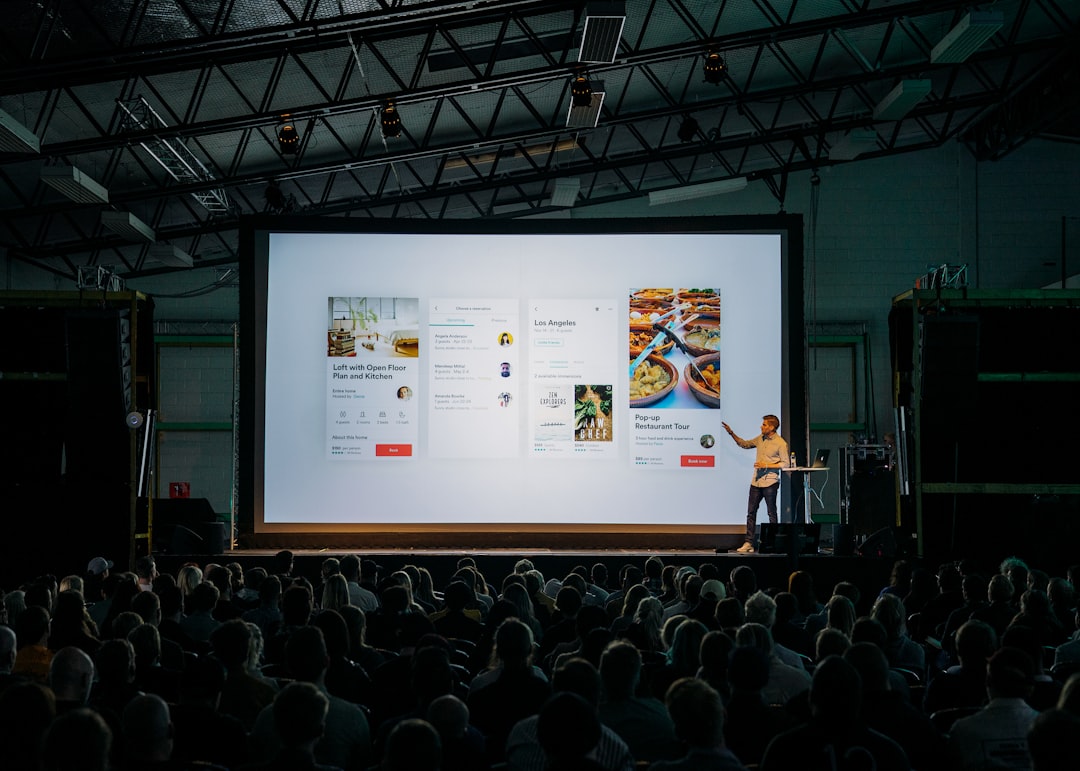What is it about?
Our study investigates the consequences of public versus private ownership on future profitability by examining a large cross-section of public and private firms. We find robust evidence that public firms experience significantly lower operating profitability three and five years into the future than private firms and that the differential future profitability is associated with short-termism (i.e., a firm’s tendency to take actions to maximize short-term earnings rather than the long-term value of the corporation), competition, and agency costs.
Featured Image

Photo by Afif Kusuma on Unsplash
Why is it important?
Many comments have been made by high-profile CEOs about the problems with operating a publicly traded company and trying to focus on the long-run future of the firm. For example, after taking Dell Inc. private, Michael Dell stated, “As a private company, Dell now has the freedom to take a long-term view. No more pulling R&D and growth investments to make in-quarter numbers…No more trade-offs between what’s best for a short-term return and what’s best for the long-term success of our customers.” Elon Musk has been similarly seeking for his company, Tesla, to “go dark” (i.e., delisted and become private) by stating, “Going private would enable Tesla to make decisions that are best for the long-term, rather than the short-term” and, of course, his most famous Tweet, “Am considering taking Tesla private at $420. Funding secured.” Are these leaders onto something? Is there any merit to their assertions? Our research examines a large cross-section of public and private firms and finds evidence consistent with their views. That is, based on our results Charles Koch, CEO of Koch Industries Inc., the United States’ second-largest private firm, may be correct in that executives continually obsessing about delivering those “ever-increasing and predictable quarterly earnings” in the short-term are “going to sacrifice long-term value” in the end.
Perspectives
We hope this article makes managers really think about the accelerating trend of businesses walking away from the stock markets. Today with the myriad of financing options available to entrepreneurs and business owners, managers should strongly consider whether the benefits of being a public company (e.g., greater access to capital, greater publicity, and the reputation boost) are worth the additional costs faced by public firms relative to their private counterparts. Because of increases in agency and regulatory costs, as well as issues involving complying with regulatory disclosures that could diminish the competitiveness and long-term profitability of public firms relative to private firms, we hope that these concerns are being considered by all the parties involved before undertaking an initial public offering. More than anything else, and if nothing else, we hope this article continues to drive the public versus private debate started by some of the United States’ most outspoken CEOs that seems to have gained some momentum in recent years.
Kristian Allee
University of Arkansas System
Read the Original
This page is a summary of: Private versus Public Corporate Ownership: Implications for Future Changes in Profitability, Journal of Management Accounting Research, September 2019, American Accounting Association,
DOI: 10.2308/jmar-52550.
You can read the full text:
Contributors
The following have contributed to this page










